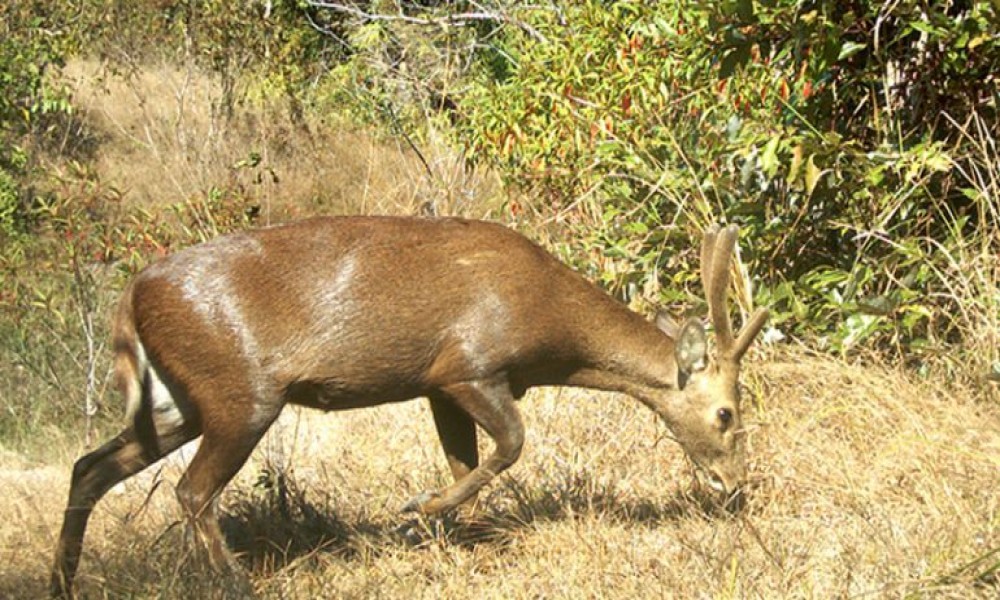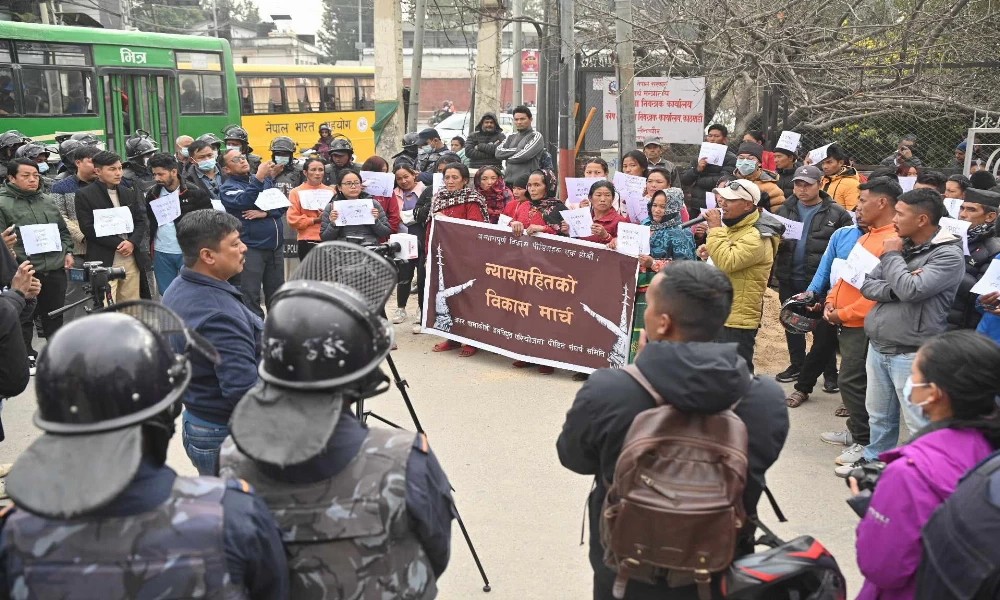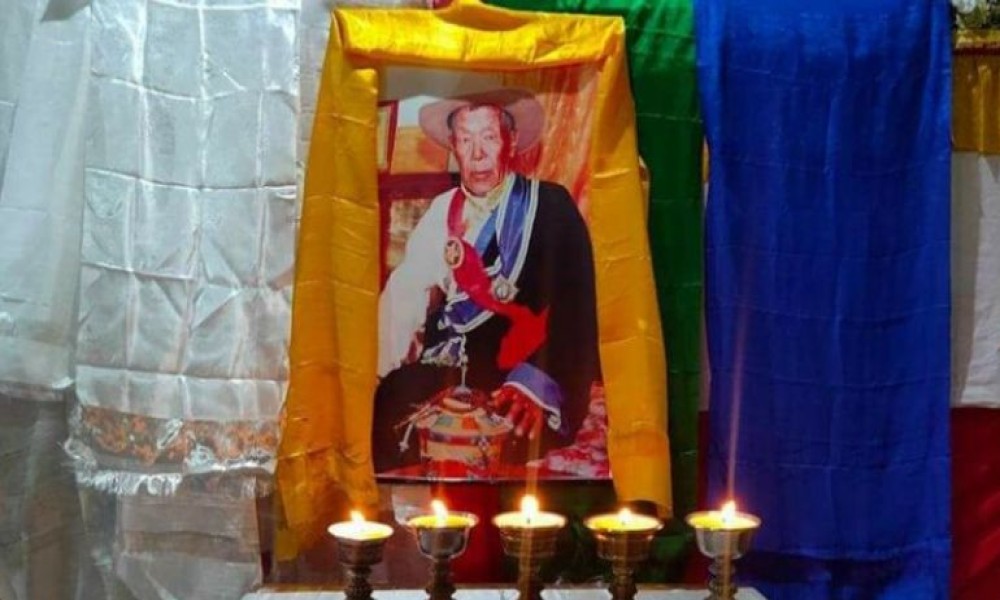Poachers have gone on the prowl in Sagarmatha National Park, one of Nepal's four World Heritage Sites, amidst a lockdown imposed by the government to slow down the spread of the contagious coronavirus. As many as 8 musk deer are found to have been killed by poachers inside the heavily-guarded park since the start of the lockdown on 24 March.
Poaching of endangered musk deer amidst the lockdown despite the deployment of the army shows why it would be difficult to carry out sustainable conservation activities without the participation of local people.
Local indigenous people inhabiting the buffer zone of the park are now worried about the future of precious flora and fauna found in this protected area below the Mt. Everest. They have drawn the park authorities' attention towards the new threats to musk deer and other endangered wildlife.
Local indigenous people inhabiting the buffer zone of the park are now worried about the future of precious flora and fauna found in this protected area below the Mt. Everest.
Musk deer are vulnerable to poaching because of their musk pods. According to Kshiring Sherpa, the ward committee chair person of Khumbu Pasang Lhwamu rural municipality-5 in Solukhumbu district, none of the eight musk deer found dead inside the park had their musk pods intact.
Sherpa says they have reported the poaching incidents to the park administration. They also suspect possible connection between some of the park authorities and poachers. Sherpa says: "People cannot enter into the park without prior approval from the army and the administration. Yet, poachers were able to kill so many musk deer inside the heavily-protected area. So, there is something fishy."
Sagarmatha National Park's Chief Warden Bhumiraj Upadhyay says they have been alarmed by a surge in poaching incidents during the lockdown. He says: "We have arrested a few suspects, and they are being interrogated. When our investigation is concluded, we will publish its findings."
Upadhyay adds: "All the dead musk deer were found on dangerous slopes. Poachers must have thought that humans cannot see traps in such difficult places. We have intensified patrolling after recovering dead musk deer."
Asked about local people's allegations that poachers must have worked hand in glove with the park authorities, Upadhyay said: "They can say that, but we are doing our duty well."
But Khumbu Pasang Lhwamu-4's ward chair person Laxman Adhikari also says that it is only natural for local people to point the finger of suspicion towards the park authorities after such alarming poaching incidents in the protected area.
The government must increase local people's ownership of the park to protect wildlife. He says that local indigenous people had been guarding the flora and fauna of this region for years, but they were suddenly stripped of their rights when Sagarmatha National Park was declared by the government.
Activist Pemba Dorje Lama of Khumbu Pasang Lhwamu rural municipality argues that the government must increase local people's ownership of the park to protect wildlife. He says that local indigenous people had been guarding the flora and fauna of this region for years, but they were suddenly stripped of their rights when Sagarmatha National Park was declared by the government.
Khumbu Pasang Lhwamu rural municipality-5's chairperson Sherpa says local people are not involved in poaching. He says: "The poachers have definitely come from the outside."
Warden Upadhyay agrees with Sherpa, saying local have been support the government to guard the national park. He says the park has also been allocating some of its budget for the welfare of local people. He says: "We have allocated Rs 700 million for the development of buffer zone this year."
Kunga Gyarchho Sherpa, a member of the buffer zone committee, admits that the park has been allocating budget for local people. But he says the government must do more to involve local indigenous people in conservation activities. He says poachers will always get the upper hand if local people are excluded from conservation activities.








